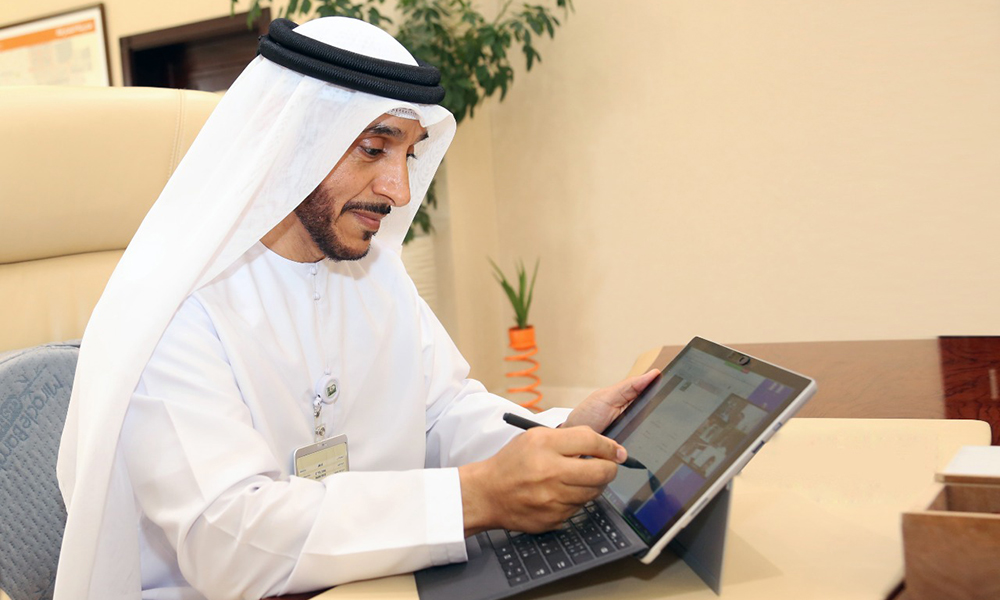Sharjah International Airport Free Zone (SAIF Zone) and Hamriyah Free Zone Authority (HFZA) have announced that they have jointly signed a MoU with Sharjah Municipality. The MoU will support their digital transformation vision, enhance mutual cooperation, and upgrade work mechanisms.
The MoU is expected to save investors time and facilitate, quicken and simplify procedures for completing transactions. It will also ensure that all standards and information security controls are applied to the electronic link in order to protect it from risks, and lay the foundations for joint strategic cooperation.
A senior official from SAIF Zone, stated that the MoU will help all involved parties to make the most of one another’s technical competencies.
Saud Salim Al Mazrouei, Director of the HFZA and SAIF Zone, said: “HFZA and SAIF Zone’s cooperation with Sharjah municipality reflects our great interest to strengthen working mechanisms and keep pace with the latest technical developments to ensure that investors get the finest services.”
He said that the new MoU will support Sharjah’s vision to develop the emirate’s digital system, provide and facilitate access to various services of top-notch quality.
“The two free zones’ policies attach utmost importance to forging strong cooperation with leading information technology institutions and companies, something which would definitely contribute to enhancing their work and upgrading their services according to the highest international standards followed. This is in line with the plans set by the government to accelerate the completion of transactions smartly and safely,” he added.
Commenting on the MoU, Thabet Salem Al Tarifi, director general of Sharjah Municipality, said the new deal reflects the municipality’s keenness to bolster its cooperation with all entities across various disciplines especially the digital ones in order to support Sharjah’s vision.
“In addition to extending bridges of technical cooperation, the MoU will help the two entities benefit from one another expertise and competencies and facilitate the completion of various transactions. It will also support the coordination process among the involved parties in the field of exchanging data and information about transactions and topics of common interest,” he concluded.

